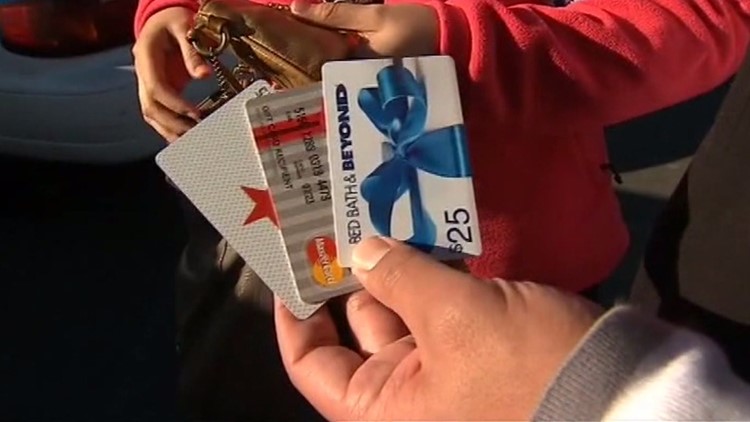HARRISBURG, Pa. — The United States Attorney’s Office for the Middle District of Pennsylvania announced today that on September 14, a jury sitting in Harrisburg, Pennsylvania convicted Shavouy Paisley, age 24 of Queens, New York of criminal conspiracy to possess counterfeit or unauthorized access devices after a trial presided over by Senior U.S. District Court Judge William W. Caldwell.
According to United States Attorney Peter Smith, following a two and a half day trial, the jury deliberated approximately one hour before delivering its verdict. The charges stemmed from an incident in 2014 where Paisley and others were stopped by Hampden Township Police Department after making several suspicious purchases at CVS and Rite Aid establishments located in Mechanicsburg, Pennsylvania. The Hampden Township Police Department seized more than 100 counterfeit Visa gift cards from the vehicle the three men had been traveling in, along with 25 cartons of cigarettes, high end handbags and other merchandise. During the investigation, the United States Secret Service determined the cards had been altered and the account numbers associated with the magnetic strips on the cards belonged to account holders from dozens of banks and institutions across the country. After reviewing the evidence, the United States Secret Service identified more than a half a dozen retail establishments on the Carlisle Pike where the defendants attempted to or actually did make purchases using these stolen account numbers.
The investigation was conducted by the United States Secret Service and the Hampden Township Police Department. The case is being prosecuted by Assistant United States Attorneys Meredith A. Taylor and Joseph J. Terz. A sentence following a finding of guilt is imposed by the Judge after consideration of the applicable federal sentencing statutes and the Federal Sentencing Guidelines. The maximum penalty under federal law is 5 years of imprisonment, a term of supervised release following imprisonment, and a fine. Under the Federal Sentencing Guidelines, the Judge is also required to consider and weigh a number of factors, including the nature, circumstances and seriousness of the offense; the history and characteristics of the defendant; and the need to punish the defendant, protect the public and provide for the defendant’s educational, vocational and medical needs. For these reasons, the statutory maximum penalty for the offense is not an accurate indicator of the potential sentence for a specific defendant.
SOURCE: US Attorney’s Office for the Middle District of Pennsylvania



